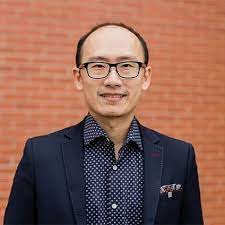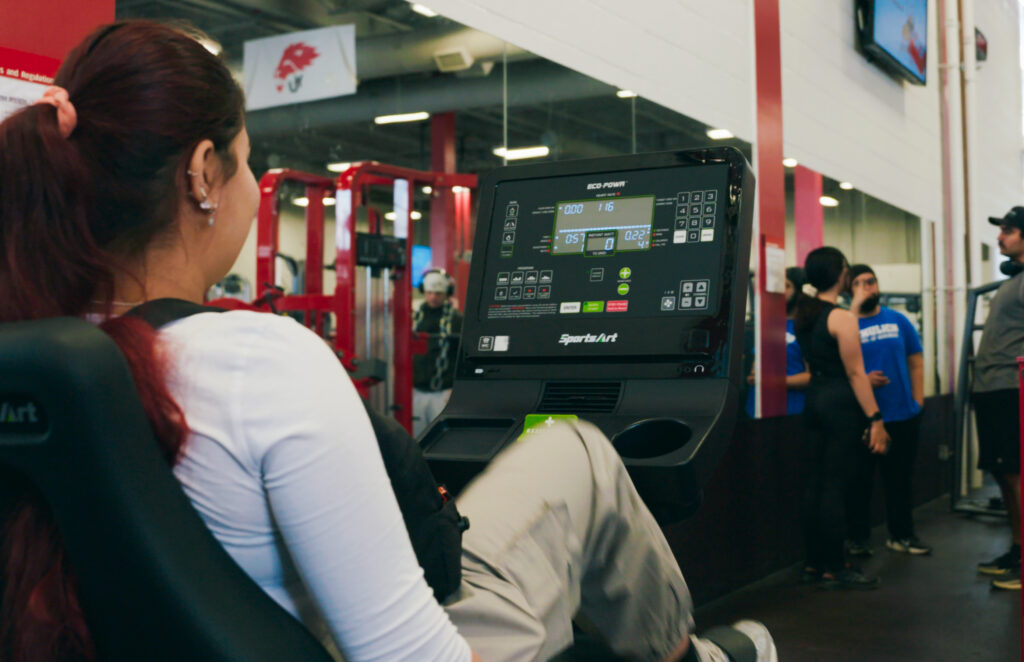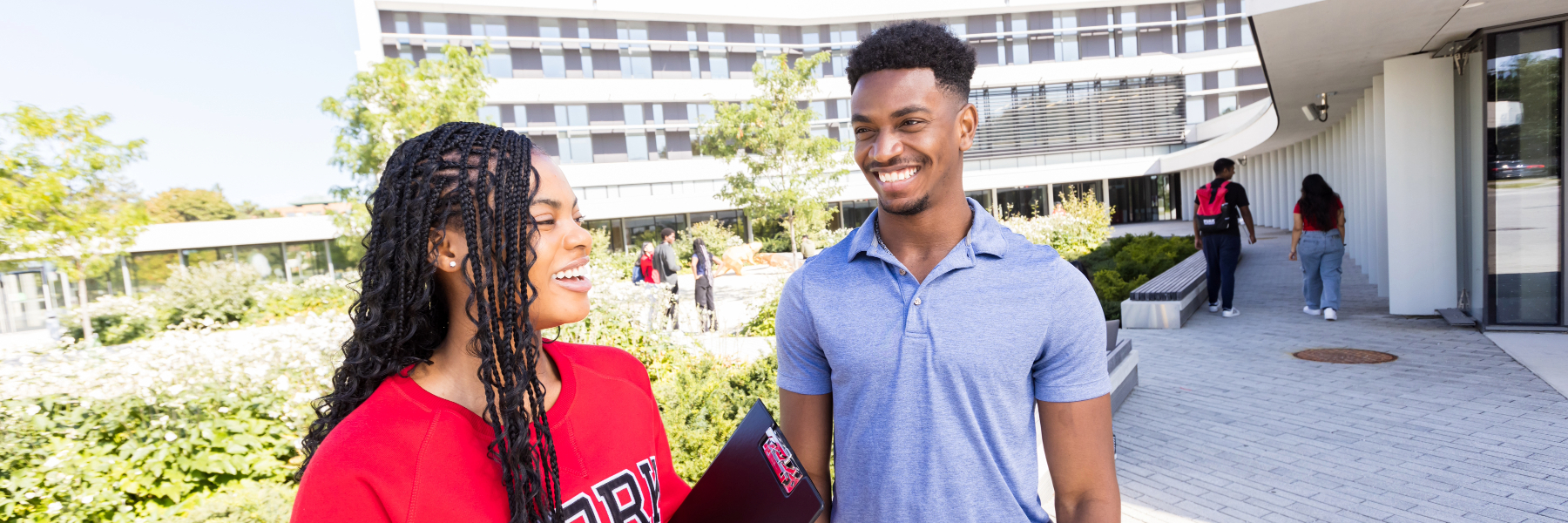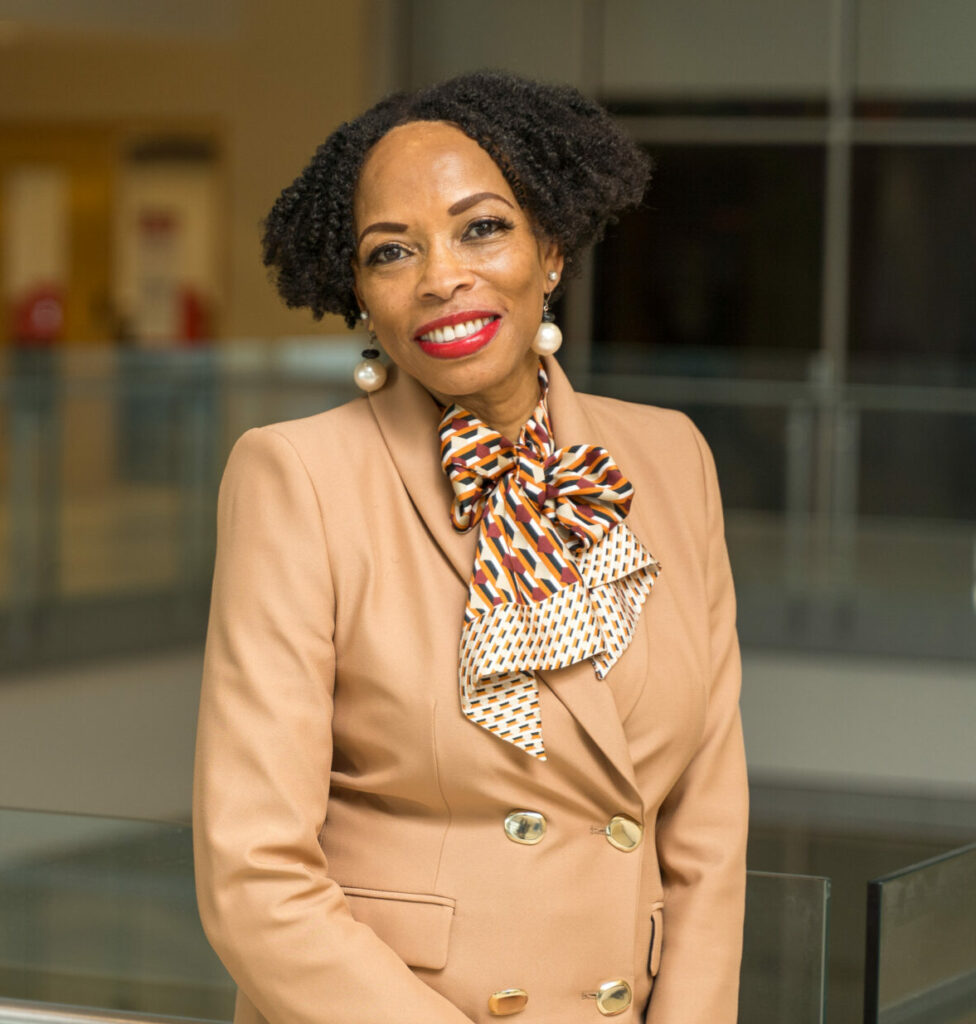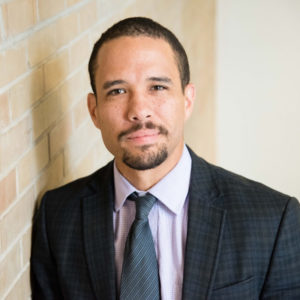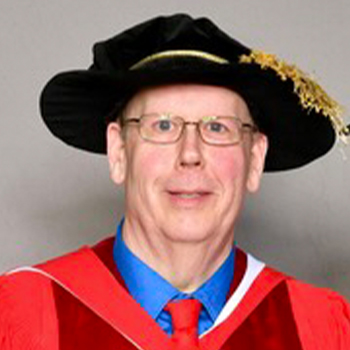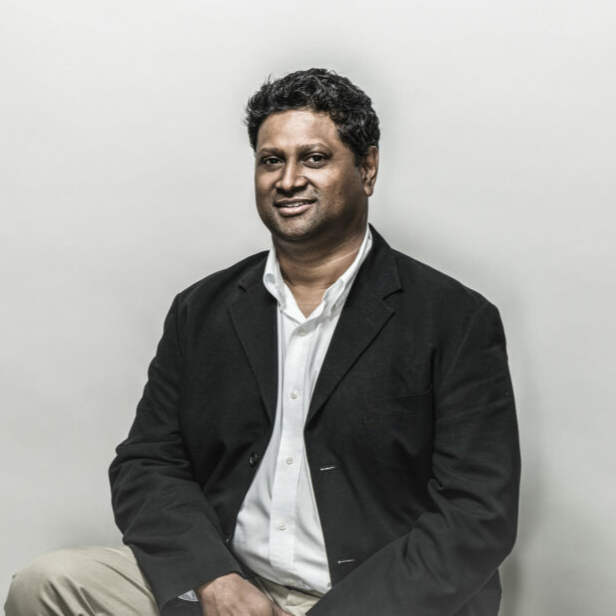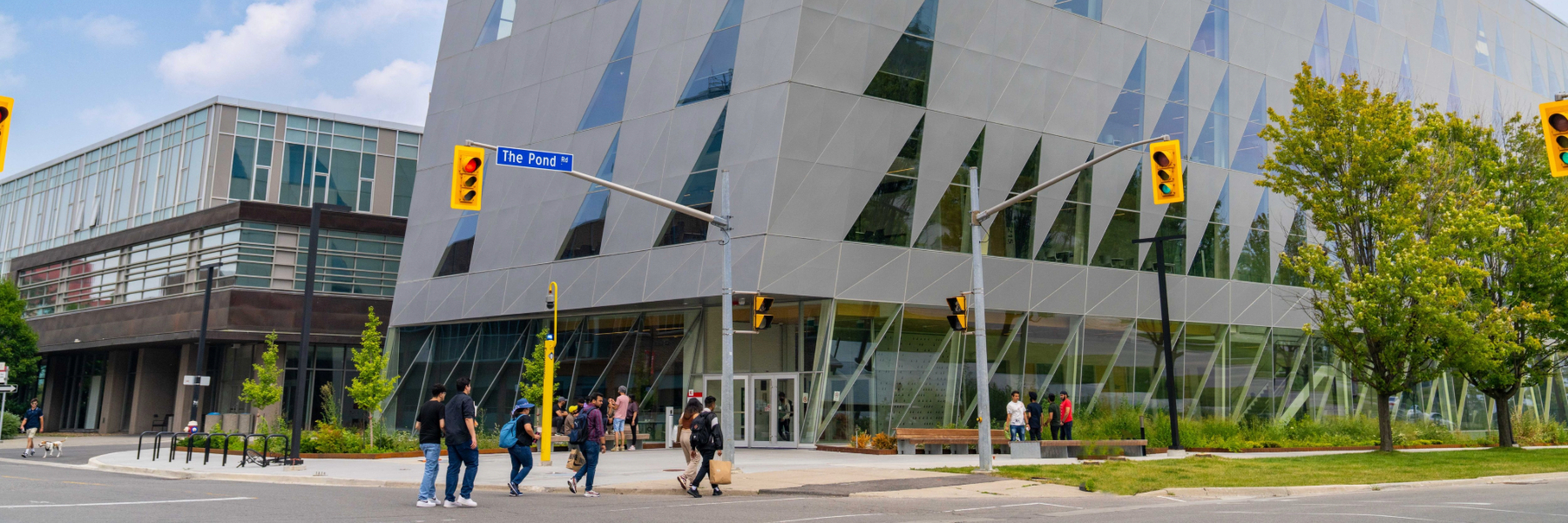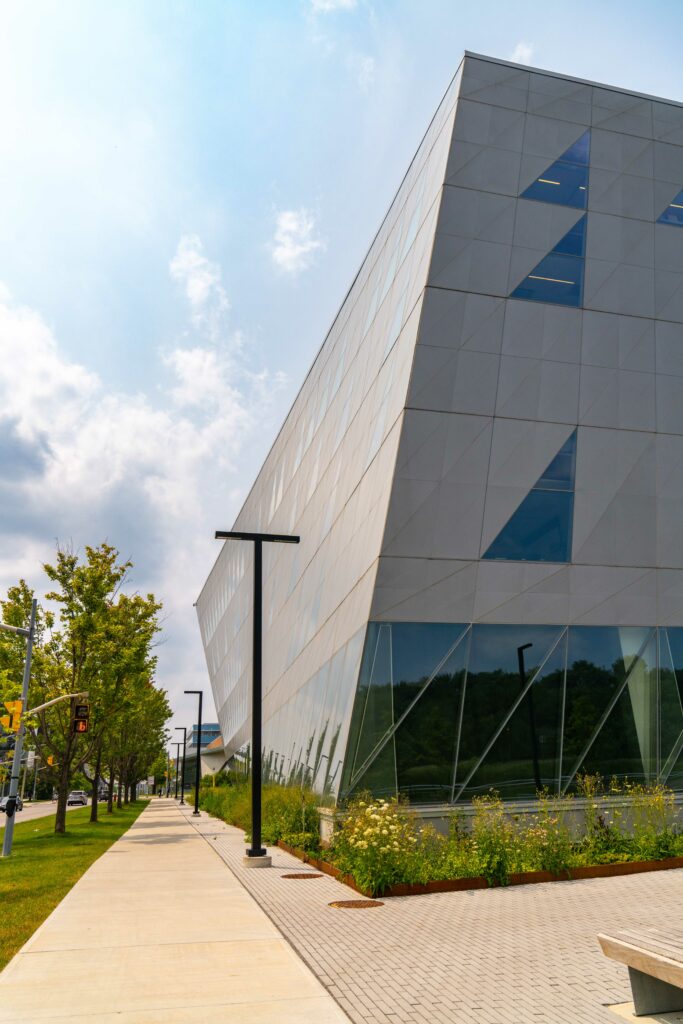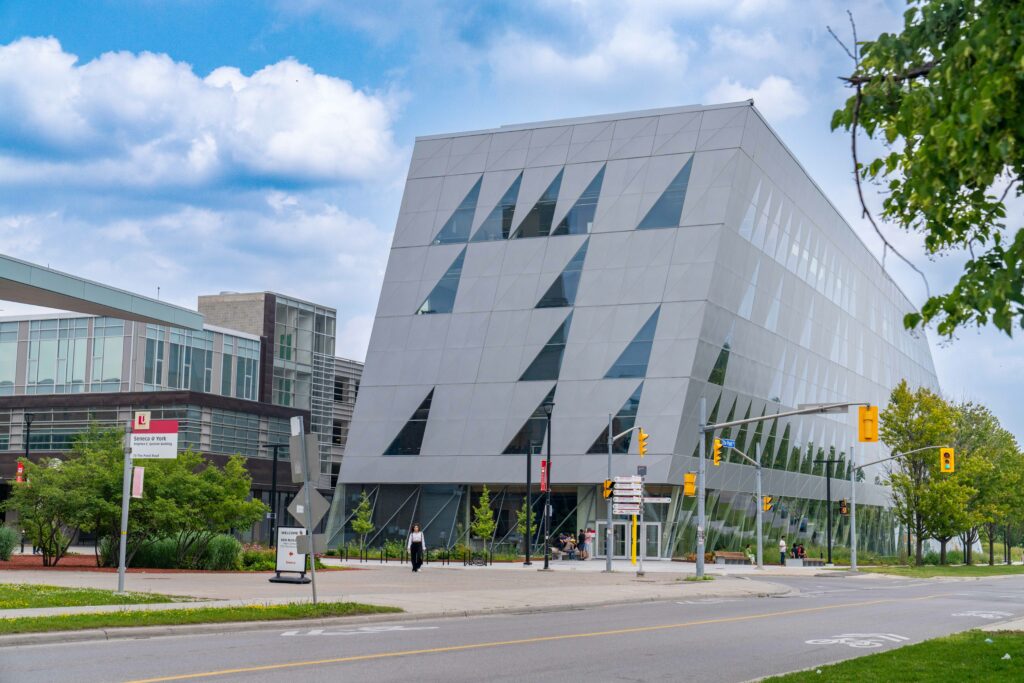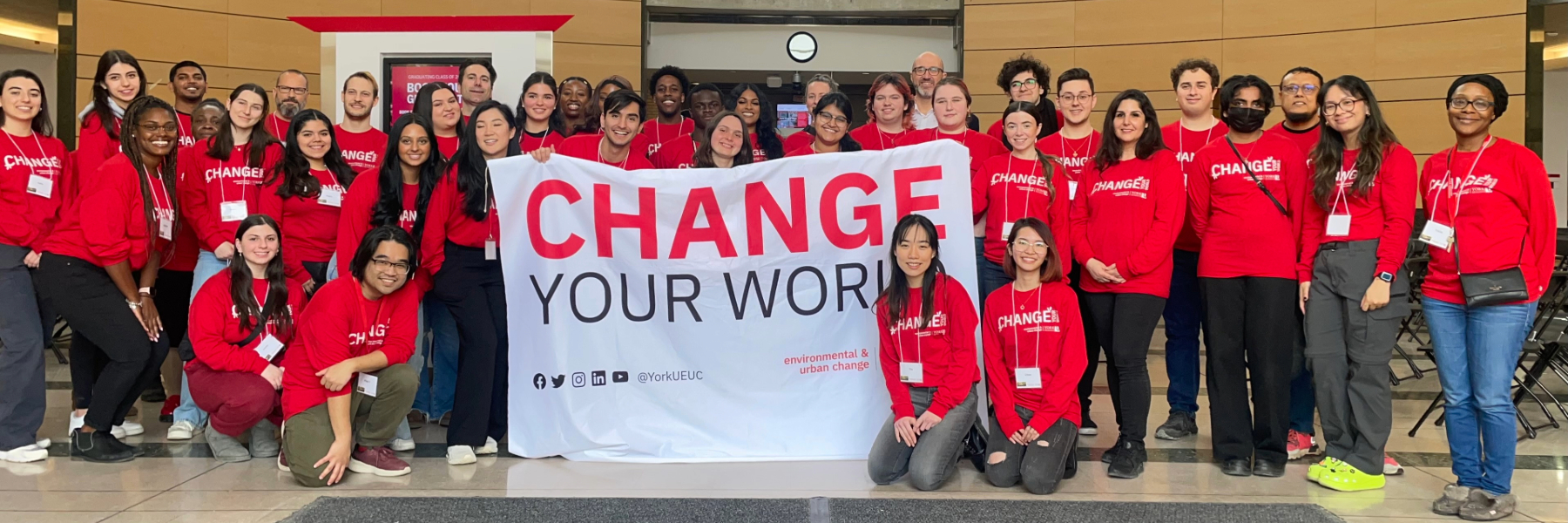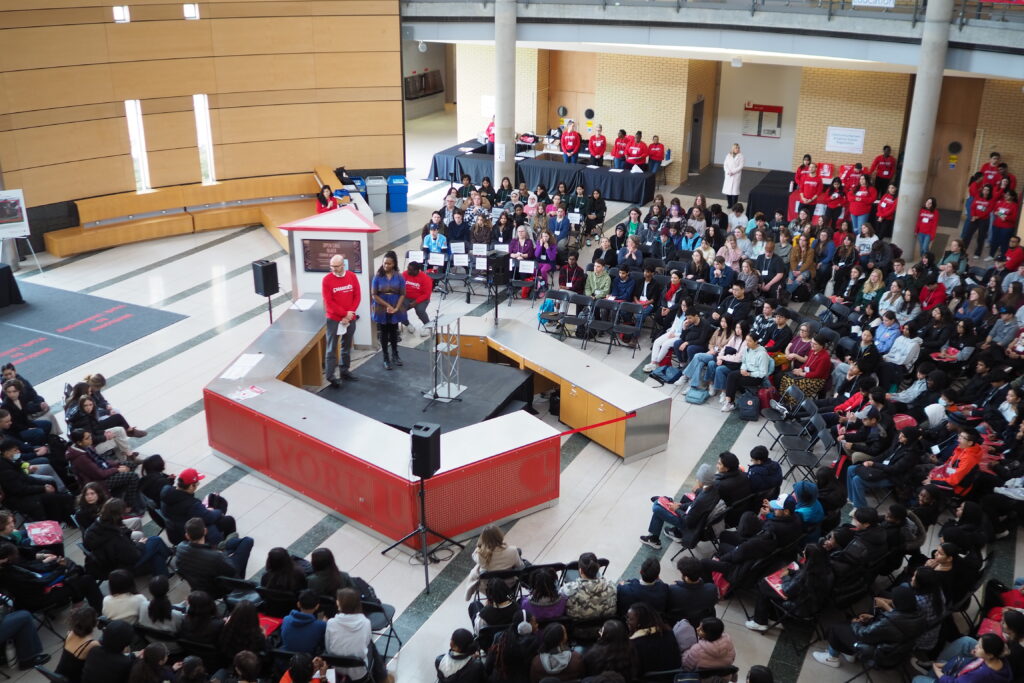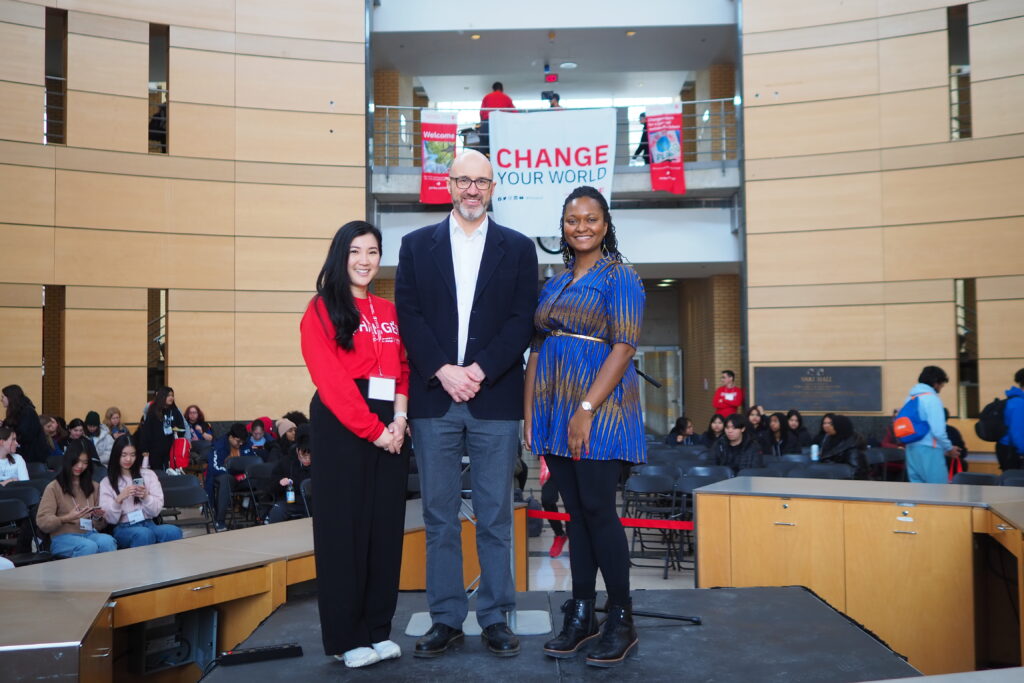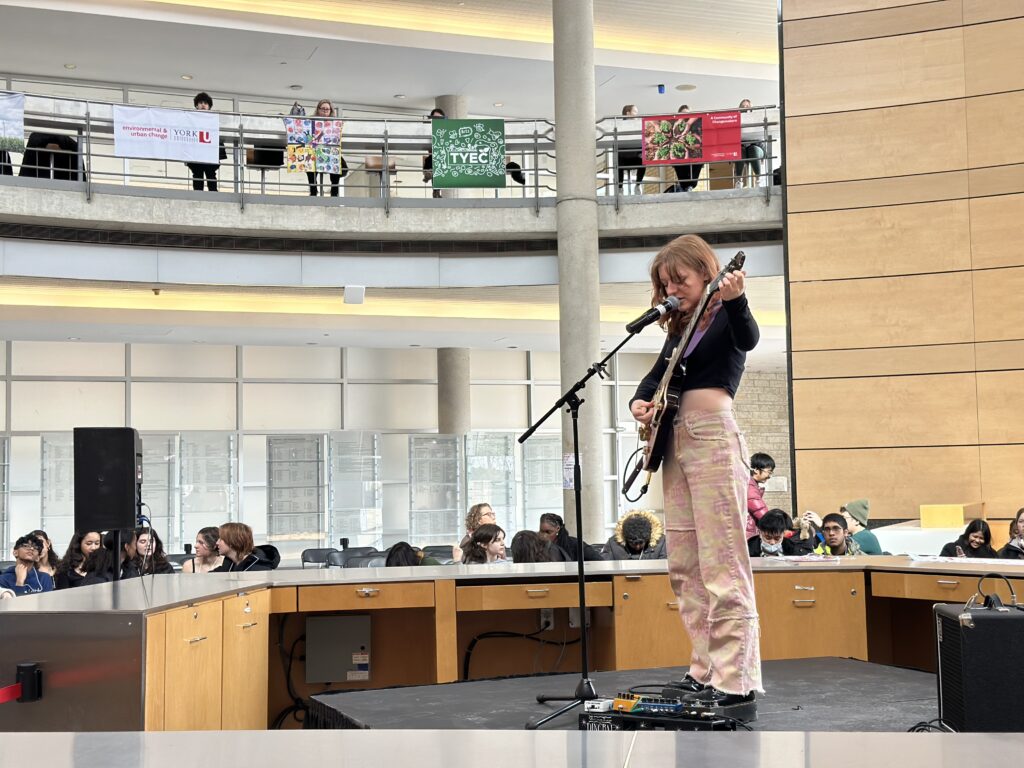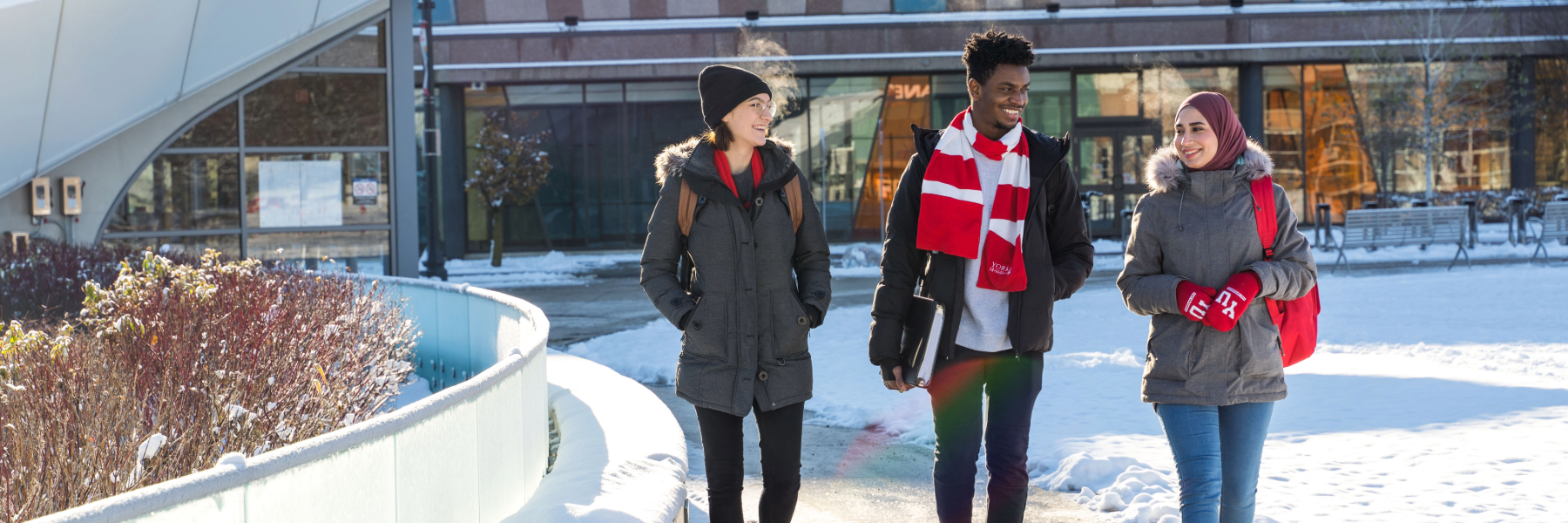YSpace will receive more than $476,000 in new funding from Agriculture and Agri-Food Canada (AAFC) over the next two years to expand its Food & Beverage Accelerator program across the country and support over 100 racialized and women founders to scale and thrive in the industry.
YSpace created Ontario’s first food and beverage accelerator in 2019 to help grow consumer packaged goods ventures in the field. The five-month program provides customized workshops, expert mentorship and peer-to-peer circles to ventures as they develop their strategy, grow their network and scale their business.
To date, the YSpace accelerator has supported 93 ventures and over 200 entrepreneurs who are scaling into mass retail, raising funds and getting acquired. Many ventures in the program have seen exponential growth and established valuable connections in the industry.
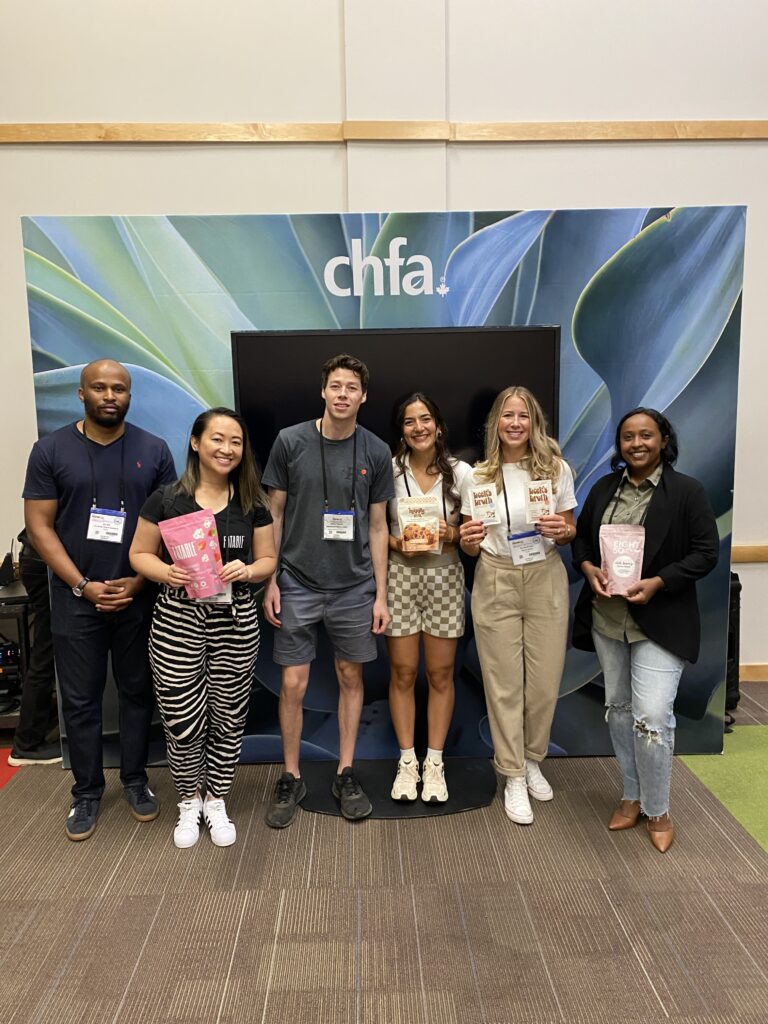
From left: Ari Alli, Charlene Li, Kieran Klassen, Dominique Mastronardi, Rebecca Prime and Muna Mohammed.
One example is EATABLE, a company that produces all-natural gourmet popcorn with flavours inspired by classic cocktails, wines and spirits, which has expanded their retail footprint to over 1,600 doors across Canada and the U.S. “As part of the YSpace Food Accelerator, we connected with industry experts who helped us grow 19 times in revenues since our launch in 2019,” says Charlene Li, co-founder and CEO.
Another example is Zing, which creates vegan and gluten-free condiments and seasoning salts that are designed to be pantry shortcuts. It is available in over 400 retail doors across Canada and the U.S. “YSpace programming and mentorship helped our company develop and execute an effective retail strategy that allowed us transition from an e-commerce to an omni-channel business,” says co-founder and CEO Jannine Rane.
The new funding provided by the AAFC’s AgriDiversity Program will support under-represented groups in the food and beverage industry and help provide them with the resources to build their entrepreneurial and business skills. The program was created under the Sustainable Canadian Agricultural Partnership, a $3.5-billion, five-year agreement between the federal, provincial and territorial governments to strengthen the agriculture, agri‐food and agri‐based products sector.
“We are thrilled that our Food & Beverage Accelerator will soon be able to support racialized and women founders nationally,” says David Kwok, director of entrepreneurship and innovation at YSpace. “We have built a robust and impactful program, and now with the funding resources to serve these groups, we can expand not only our reach but impact across Canada.”
In his role as Canada’s minister of agriculture and agri-food, Lawrence MacAulay has seen first-hand how integral women are to creating a thriving economy. “A more diverse and inclusive labour force can provide significant benefits to the agriculture sector by supporting competitiveness and risk management, innovation and rural vitality, and sustainable growth,” he says.
The new Food & Beverage Accelerator program will build and implement specialized tools and resources to support the unique challenges faced by under-represented groups in the consumer packaged goods and agri-food sector. To achieve this, YSpace will be leveraging its expertise from both ELLA, which provides dedicated programming for women entrepreneurs, and the Black Entrepreneurship Alliance, which provides specialized streams for Black entrepreneurs to better engage with those communities. YSpace will also look to leverage those experiences and expertise to consciously expand its offering into other under-represented communities in consultation with those communities.
“This specialized and comprehensive programming designed for under-represented communities doesn’t quite exist yet on a national level and will fill an ecosystem gap in the consumer packaged goods and agri-food sector,” says Judy Wong, consumer packaged goods program advisor at YSpace. “This is incredibly important for both our economy and the entrepreneurial ecosystem to further drive growth and innovation in the agri-food sector.”
Further information about YSpace and its diverse programming for existing and aspiring entrepreneurs can be found through its website.




